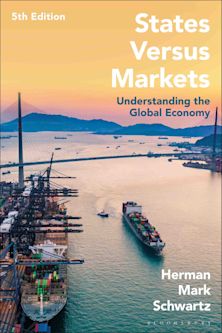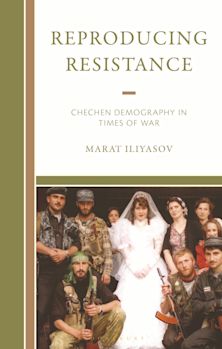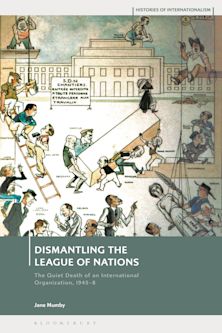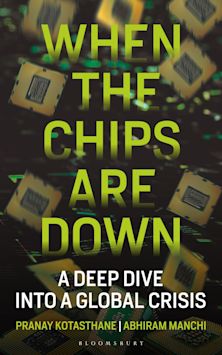Creating the Third Force
Indigenous Processes of Peacemaking
Creating the Third Force
Indigenous Processes of Peacemaking
This product is usually dispatched within 1 week
- Delivery and returns info
-
Free CA delivery on orders $40 or over
Description
The profession of peacemaking has been practiced by indigenous communities around the world for many centuries; however, the ethnocentric world view of the West, which dominated the world of ideas for the last five centuries, dismissed indigenous forms of peacemaking as irrelevant and backward tribal rituals. Neither did indigenous forms of peacemaking fit the conception of modernization and development of the new ruling elites who inherited the postcolonial state. The new profession of Alternative Dispute Resolution (ADR), which emerged in the West as a new profession during the 1970s, neglected the tradition and practice of indigenous forms of peacemaking. The scant literature which has appeared on this critical subject tends to focus on the ritual aspect of the indigenous practices of peacemaking. The goal of this book is to fill this lacuna in scholarship. More specifically, this work focuses on the process of peacemaking, exploring the major steps of process of peacemaking which the peacemakers follow in dislodging antagonists from the stage of hostile confrontation to peaceful resolution of disputes and eventual reconciliation. The book commences with a critique of ADR for neglecting indigenous processes of peacemaking and then utilizes case studies from different communities around the world to focus on the following major themes: the basic structure of peacemaking process; change and continuity in the traditions of peacemaking; the role of indigenous women in peacemaking; the nature of the tools peacemakers deploy; common features found in indigenous processes of peacemaking; and the overarching goals of peacemaking activities in indigenous communities.
Table of Contents
CHAPTER 2: “The Best of Judgments”: Rituals of Settlement (Sulh) and Reconciliation (Musalaha) in the Middle East
CHAPTER 3: Araraa: The Oromo Indigenous Processes of Peacemaking
CHAPTER 4: Respecting Identity, Creating Justice, and Building Peaceful Relationships in Laos through Traditional Conflict Resolution Processes
CHAPTER 5: Indigenous Peacemaking in Northern Ireland
CHAPTER 6: Traditional Systems of Conflict Mediation: Exploration of Mukhiya or Jimmuwal, and Bhadra-Bhaladmis Peacemaking Mechanisms in the Himalayas
CHAPTER 7: Case Study: Peacemaking as Ceremony: The Mediation Model of the Navajo Nation
CHAPTER 8: Indigenous Elders as the Mbasoron Tar (Repairers of the World) and Inukshuks (Waypointers) of Peace
CHAPTER 9: Traditional Peacemaking Processes among Indigenous Populations in the Northern and Southern Philippines
CHAPTER 10: Kinoo'Amaadawaad Megwaa Doo
Product details
| Published | Nov 21 2016 |
|---|---|
| Format | Hardback |
| Edition | 1st |
| Extent | 586 |
| ISBN | 9780739185285 |
| Imprint | Lexington Books |
| Illustrations | 5 tables; |
| Dimensions | 238 x 158 mm |
| Series | Peace and Conflict Studies |
| Publisher | Bloomsbury Publishing |
Reviews

ONLINE RESOURCES
Bloomsbury Collections
This book is available on Bloomsbury Collections where your library has access.



































